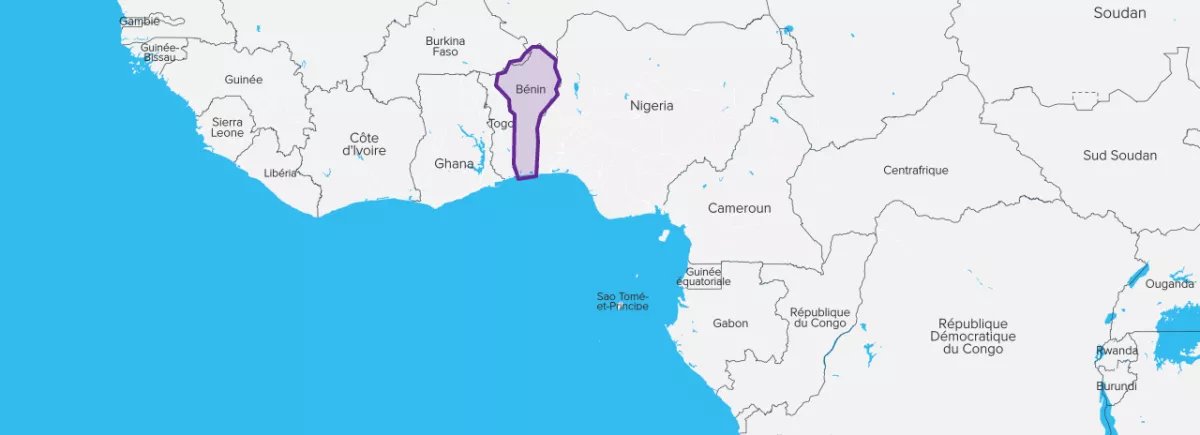
Digital Citizenship: Benin
This paper provides a synthetic presentation of digital citizenship in Benin.
FREEDOM OF THE PRESS
In 2016, Benin was 78th in the global rankings published by
Reporters Without Borders, a climb of six places relative to the year before.
OPEN DATA
Open data is not currently a priority. However, some data about the country is available on the
Open Data for Africa website maintained by the African Development Bank.
SOCIAL MEDIA
The mass adoption of social media, a major social phenomenon, is causing concern to the authorities, who are contemplating restrictions or even sanctions against the most indiscreet activists. In mid-March 2015, the
National Commission on Information Technology and Liberties became more vocal about what it called “attacks on private life on social media". This was a warning to the increasing numbers of Facebook, Twitter and WhatsApp users to avoid what one might call “slips".

Download the summary of the study (PDF)
GLOSSARY AND SOURCES
Cyberactivists: Term covering various forms of militancy practised with the aid of the internet. Africtivistes, the African association of cyberactivists for democracy, held its first meeting in Dakar in November 2015.
Open data: Open data is both a movement, a philosophy of access to information and the practice of publishing data so that it is freely accessible and usable. It forms part of a trend whereby state information is regarded as a common good whose dissemination is in the public interest.
Open Government Partnership (OGP): The Open Government Partnership is a multilateral partnership which aims to promote transparency in government activity and open it up to new forms of collaboration and joint action with civil society, in particular through the exploitation of digital and other new technologies. The OGP is run on a collegial basis involving both governments and civil society. The presidency of the organisation is currently held by France, for a one-year term which began in September 2016.
Democracy Index: Founded by the Economist Group in 2006, the Democracy Index assesses the level of democracy in 167 countries. Evaluations are based on 60 criteria grouped into five categories, namely electoral process and pluralism, civil liberties, functioning of government, political participation and political culture. Countries are scored on a scale from 0 to 10. Each country is then classified as a full democracy, flawed democracy, hybrid regime or authoritarian regime according to its score.


